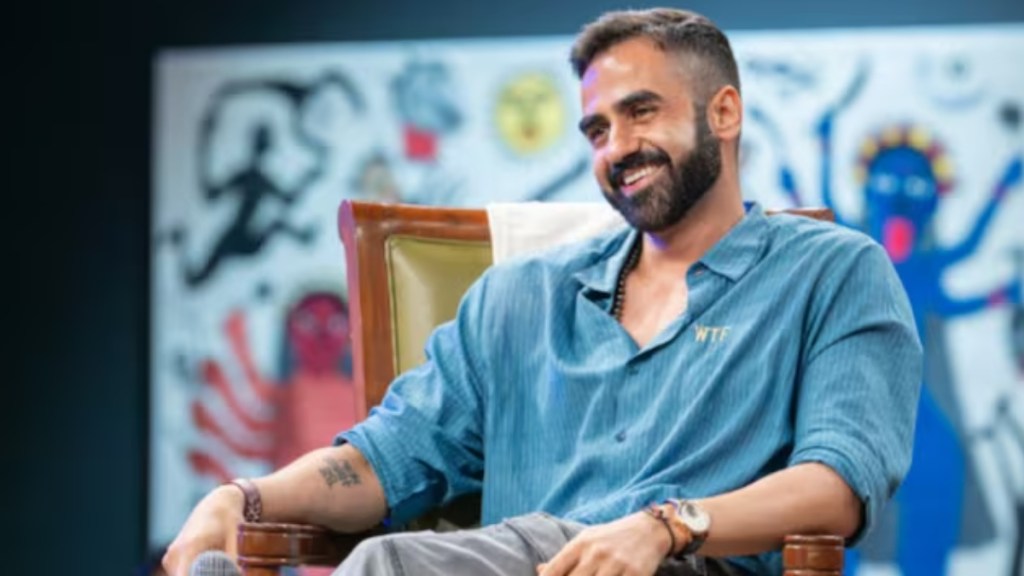In a digital world where customer support often feels robotic and impersonal, a single email exchange between a user and Zerodha’s CEO Nithin Kamath has emerged as a shining example of what true customer obsession looks like—and how it can shape a company’s future.
The story began when a user, due to compliance mandates at their spouse’s new investment banking job, had to shut down their Zerodha account. The bank had one condition: “Close all Zerodha accounts. They’re not a ‘trusted broker.’” The reason? Zerodha lacked a physical banking presence—unlike traditional stalwarts like Kotak or ICICI.
“As a PMM nerd, I loved their seamless UI,” the user shared in a now-viral LinkedIn post. “But we had a harsh mandate, and I knew I had to comply.”
On a whim, they emailed Nithin Kamath—fully expecting their message to get lost in the void.
But what happened next surprised them.
“To my surprise, he replied in just 10 minutes,” the user wrote.
What followed was more than just a reply—it was a masterclass in leadership. Kamath’s team immediately acknowledged the concern, stating, “We’re fixing this with banks.” They even went a step further—offering to connect with the user’s workplace compliance team and sharing Zerodha’s broader roadmap to address institutional trust barriers.
“I still closed my account,” the user admitted, “but they won my trust for life.”
What makes this story resonate isn’t just the speed of the response—but the mindset behind it. “Zerodha wins by treating feedback like gold,” the user emphasised. “A complaint is a free growth tip. Ask ‘Why?’ before building.”
The takeaway? Founders who listen—truly listen—don’t just solve problems. They build loyalty. They build movements.
“Speed sells,” the user added. “Fast replies turn skeptics into loyal users. Responsiveness is a growth hack.”
Zerodha, a digital-first disruptor, has long prided itself on putting users first. But this moment shows that even in highly regulated environments, trust can be earned—not just through legacy infrastructure, but through proactive communication and transparency.
“The best founders don’t just hear feedback—they hunt for it,” the post concluded. “Because one email, one reply, one fix can ripple into a revolution.”
And in this case, perhaps it already has.


